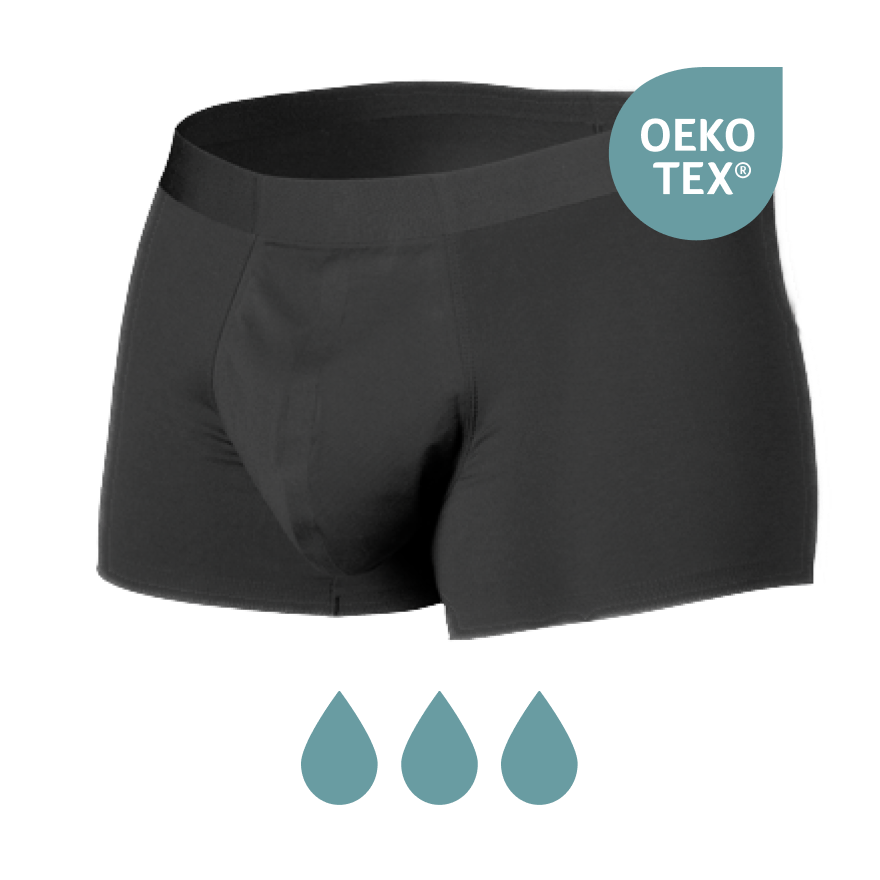Elderly incontinence is a common health problem that can influence the daily lives of the elderly and their carers. It can lead to discomfort, reduces self -confidence and even social insulation. Fortunately, there are various effective strategies available to tackle elderly incontinence and to improve the quality of life. In this article we discuss some useful tips and techniques to deal with elderly incontinence in a respectful and effective way.
1. Open and empathetic communication
One of the first steps in dealing with elderly incontinence is to set up open and empathic communication. It is important to create a safe space in which the elder feels comfortable to talk about his or her incontinence problems. By showing understanding and listening to their concerns and needs, carers can better understand how they can help and support.
2. Use of qualitative incontinence products
Choosing the right incontinence products is essential for controlling elderly incontinence. It is important to select products that are comfortable, absorb well and help prevent leaks. Qualitative incontinence pants, inserts and bed protectors can help the older person feel dry and confident, while at the same time retaining their dignity.
3. Regular toilet visits and moisture regulation
Setting up a regular toilet visit schedule can help reduce incontinence episodes in the elderly. By regularly guiding the older to the toilet, they can empty their bladder better and reduce the risk of accidents. In addition, it is important to regulate the moisture intake of the elder, especially in the evening, to help prevent nocturnal incontinence.
4. Skin care and prevention of bedsores
The elderly with incontinence run an increased risk of skin irritation and bedsores due to long -term exposure to moisture. It is therefore crucial to properly care for and protect the skin of the older person. Regular cleaning and the use of skin protection creams can help prevent skin problems and maintain healthy skin.
5. Professional support and help
In some cases it can be useful to call in professional support and help with the care of older incontinence patients. Nurses, carers and other caregivers can offer valuable advice and guidance in dealing with complex incontinence problems. In addition, they can also help find suitable tools and resources for the care of the older one.
By implementing these effective strategies, caregivers and family members can better deal with the elderly incontinence and improve the quality of life of the older one. It is important to use a respectful and supporting approach, in which the dignity and autonomy of the elder are respected at all times.















